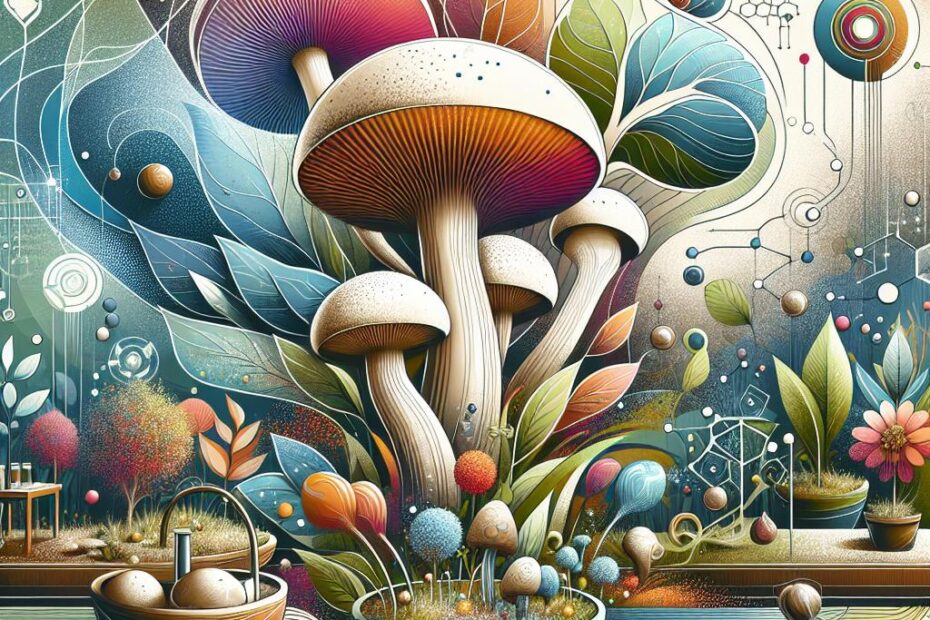Is Mushroom Soil Good for Gardens?
When it comes to gardening, the quality of soil is crucial for the health and growth of plants. One often-overlooked option for improving soil health is mushroom soil, also known as mushroom compost. But is mushroom soil good for gardens? Let’s explore this topic in more detail.
What is Mushroom Soil?
Mushroom soil is a byproduct of mushroom farming. It is a mixture of the leftovers from the mushroom growing process, such as composted manure, straw, and other organic materials. After mushrooms are harvested, the remaining soil is rich in nutrients and organic matter, making it an excellent soil amendment for gardens.
Benefits of Using Mushroom Soil in Gardens
There are several benefits to using mushroom soil in gardens:
- Rich in nutrients: Mushroom soil is packed with essential nutrients that plants need to thrive, such as nitrogen, phosphorus, and potassium.
- Improves soil structure: The organic matter in mushroom soil helps to improve soil structure, making it easier for roots to penetrate and access water and nutrients.
- Retains moisture: Mushroom soil has excellent moisture retention properties, reducing the need for frequent watering.
- Encourages beneficial microorganisms: The diverse organic matter in mushroom soil supports a healthy soil ecosystem, including beneficial bacteria and fungi.
Practical Tips for Using Mushroom Soil in Gardens
When using mushroom soil in your garden, there are a few things to keep in mind:
- Mix it with existing soil: Mushroom soil is highly concentrated, so it’s best to mix it with existing soil in a 1:1 ratio to avoid overwhelming plants with nutrients.
- Let it age: Mushroom soil can be quite potent, so it’s recommended to let it age for a few weeks before planting to allow any excess nutrients to dissipate.
- Avoid using on acid-loving plants: Mushroom soil tends to be slightly alkaline, so it’s not ideal for acid-loving plants like blueberries or azaleas.
Case Study: The Effects of Mushroom Soil on Vegetable Garden
I decided to try using mushroom soil in my vegetable garden last season to see how it would affect plant growth. I mixed it with my existing soil and let it age for a few weeks before planting tomatoes, peppers, and cucumbers. The results were impressive – my plants grew larger and produced more fruits than in previous years. The soil also seemed to stay moist longer, reducing the need for frequent watering. Overall, I was pleased with the results and will continue to use mushroom soil in my garden in the future.
Conclusion
In conclusion, mushroom soil is an excellent soil amendment for gardens, thanks to its nutrient-rich composition and benefits for soil health. By using mushroom soil, gardeners can improve soil structure, enhance plant growth, and reduce water consumption. With proper use and care, mushroom soil can be a valuable addition to any garden.
